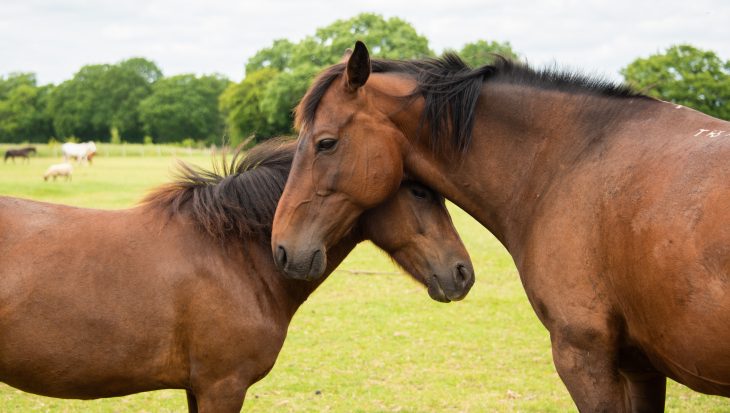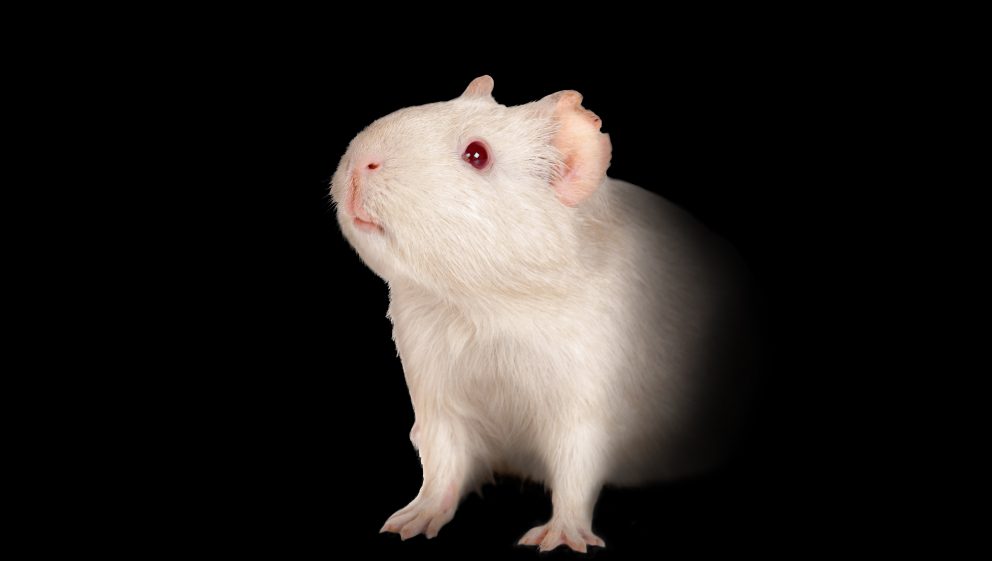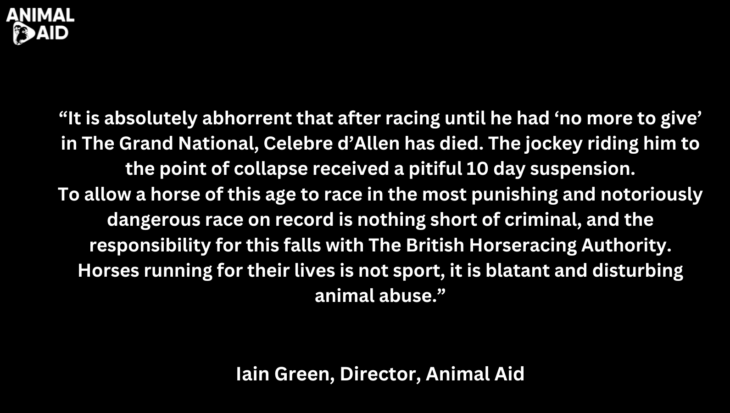Dear Lady Williams of Trafford,
We, the undersigned, are extremely troubled by animal experiments in general and warfare experiments in particular. There is something especially dark and disturbing about experiments such as exposing living animals to nerve agents and watching to see if they writhe or gasp; shooting them in the eyes with pellets fired at almost 45 mph; or forcing them to inhale Ebola virus, leaving some animals bleeding from their genitals.(1-3)
Whilst it is not possible for researchers to conduct experiments to develop or test offensive weapons, animals can still be exposed to nerve agents, viruses or even shot, in order to develop ‘countermeasures’. An animal’s suffering can continue for hours, days or weeks, until they die, or are killed. You may be aware that, in 2018 alone, at Dstl, Porton Down, 1,941 animals were experimented upon for warfare experiments. Whilst this does not place Dstl amongst the most prolific establishments for the number of animals used in experiments, it is chilling to note that in 2018, the proportion of experiments which fell into the most severe category was much higher than average. The highest level of pain, suffering, distress and lasting harm which is allowed is termed ‘severe’. Whilst the national average for ‘severe’ experiments, in 2018, was 4.9%, at Dstl, Porton Down, it was 30.2%.
Since this letter was drafted, we have received the information that, in 2019, at Dstl, Porton Down, 1500 procedures were conducted. Of these, 599 were severe, which represents 39.9% of the procedures.
We would therefore respectfully ask you to implement a policy ban, on warfare experiments on animals, immediately.
Yours sincerely,
Animal Aid
Animal Defenders International
Animal Interfaith Alliance
Animal Justice Project
Humane Society international
Lakeview Monkey Sanctuary
National Anti -Vivisection Society
Naturewatch Foundation
OneKind
PETA UK
Quaker Concern for Animals
Voice for Ethical research at Oxford (VERO)
Wild Futures
Peter Egan
Joanna Lumley
Sara Pascoe
Carol Royle
Peter Tatchell, Director, Peter Tatchell Foundation
Professor Benjamin Zephaniah
Kenny MacAskill MP
Andrew Rosindell MP
Tommy Sheppard MP
References
- Mann, T.M et al (2017) ‘Bioscavenger is effective as a delayed therapeutic intervention following percutaneous VX poisoning in the guinea-pig’, Toxicology Letters, doi: 10.1016/j.toxlet.2017.11.029
- Thomas, C.N. et al (2019) ‘Retinal Ganglion Cells Die by Necroptotic Mechanisms in a Site-Specific Manner in a Rat Blunt Ocular Injury Model’, Cells, vol.8, doi:10.3390/cells8121517
- Smither, S. J. et al (2015) ‘Experimental Respiratory Infection of Marmosets (Callithrix jacchus) With Ebola Virus Kikwit’, Journal of Infectious Diseases, doi: 10.1093/infdis/jiv371


